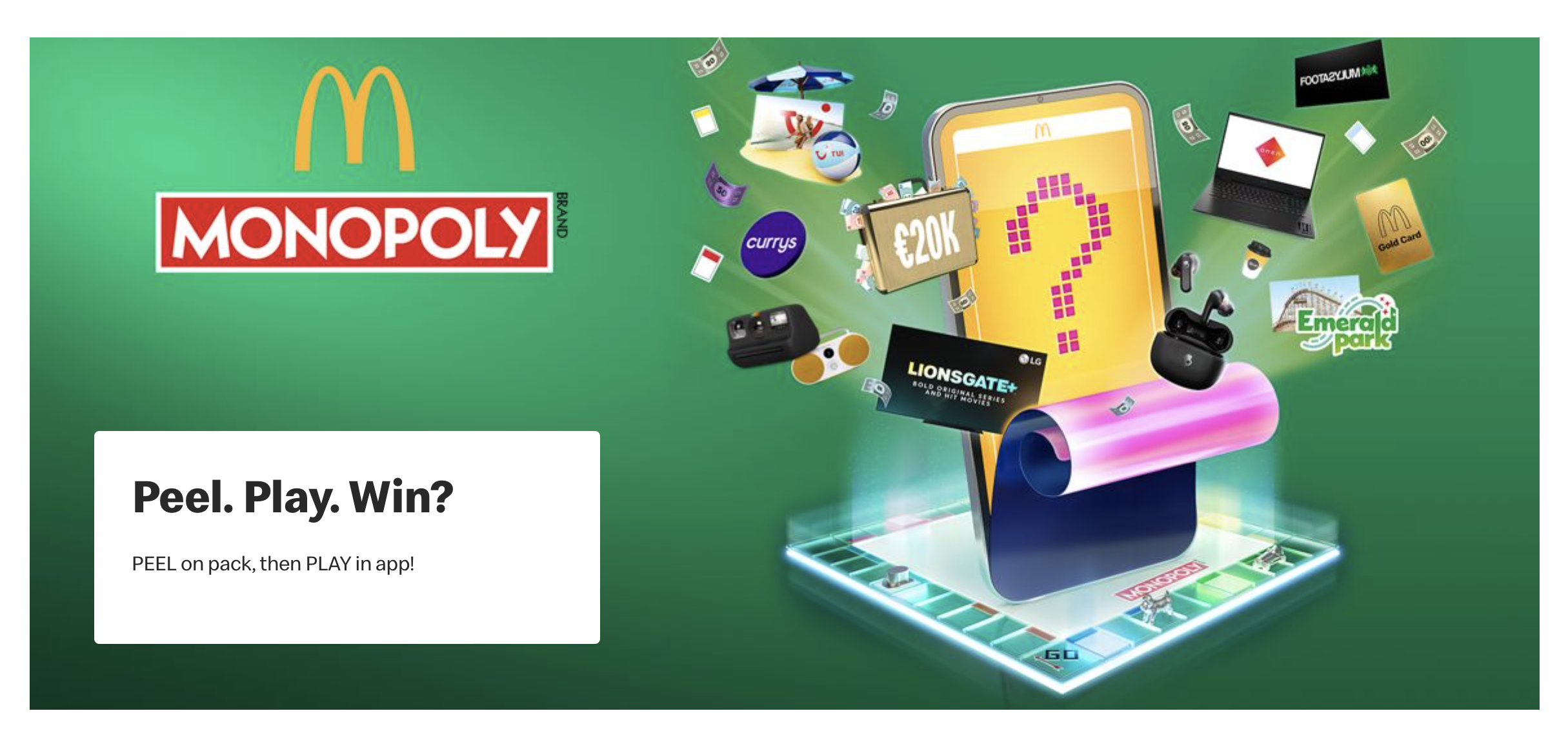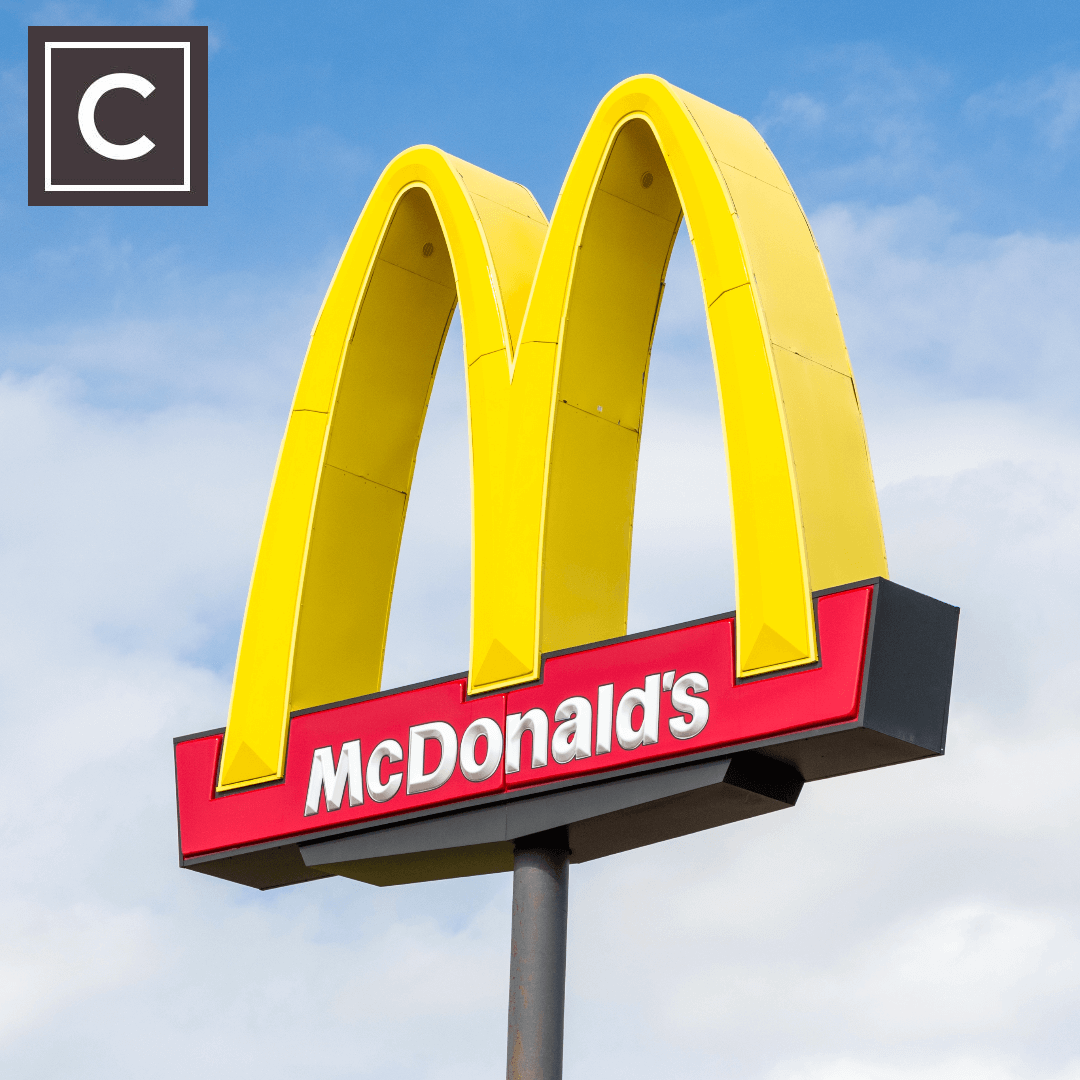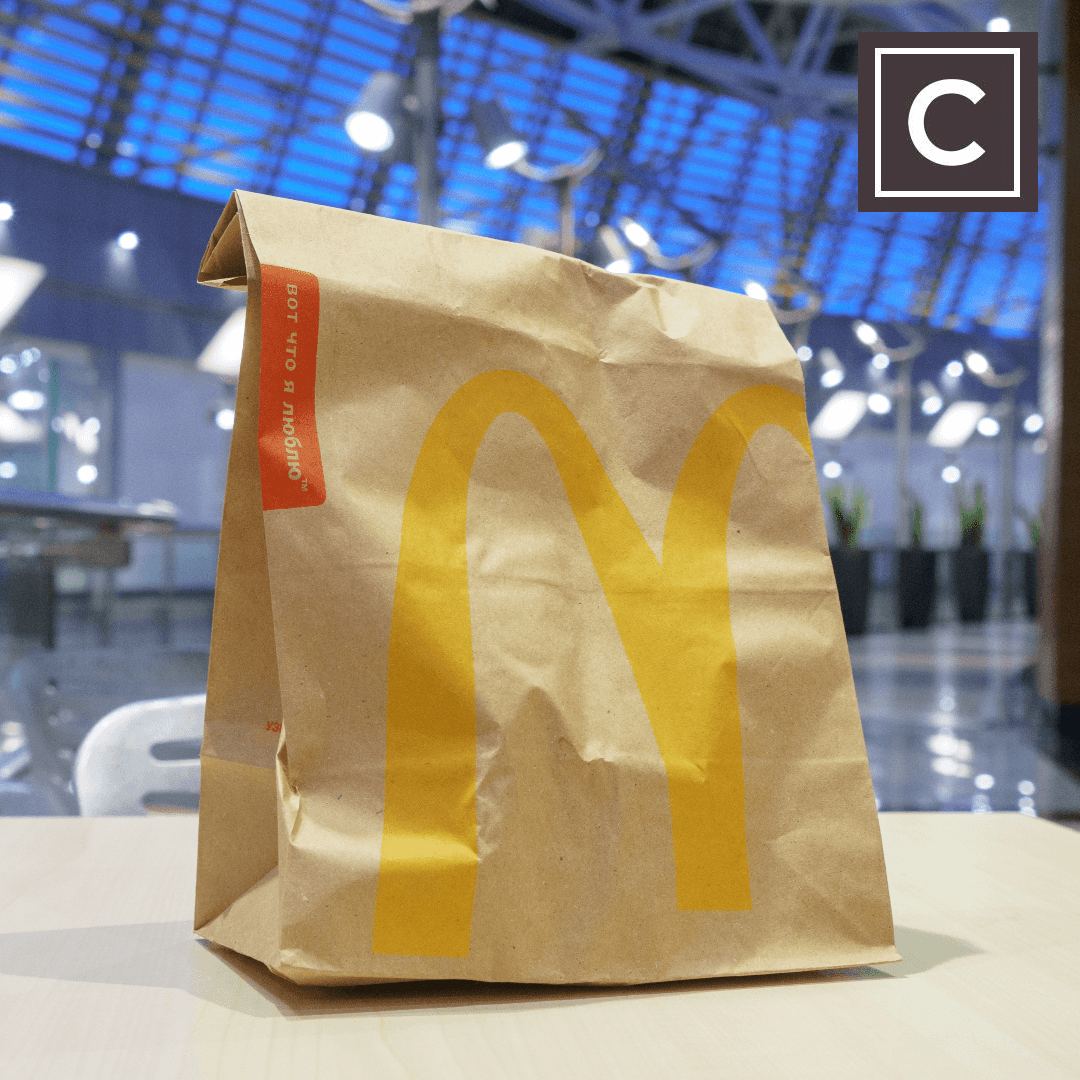The McDonald's Monopoly Scam: Unraveling the McMillions Saga
Posted by Stelios on 18th Sep 2023 Reading Time:
For over a decade, the McDonald's Monopoly game, a beloved promotion, was tainted by a staggering $24 million fraud scheme. This captivating tale is at the heart of HBO's documentary series McMillions. Directed by James Lee Hernandez and Brian Lazarte, it's a gripping narrative blending element of heist films like Ocean's Eleven, espionage thriller Argo, and the undercover world of Donnie Brasco.
Image copyright belongs to McDonalds
But this isn't your typical crime story. It involves a complex web of characters, including inept Florida men, Italian mobsters, real housewives, Mormons, drug dealers, strip clubs, wiretaps, and a zany sting operation orchestrated by an energetic FBI agent.
For those unfamiliar, the McDonald's Monopoly game is a promotion where customers collect peel-off game pieces found on the packaging of menu items and in print ads. These pieces represent properties that could be redeemed for cash prizes, ranging from free food to cars, vacations, and millions of dollars. The game, initiated in 1987 by Simon Marketing, the company behind the Happy Meal, was a massive success, boosting McDonald's sales by 40%.
The mastermind behind the fraud was Jerome "Jerry" Jacobson, a former Florida cop with a private security background. Working at Dittler Brothers and Simon Worldwide, the companies responsible for producing the Monopoly pieces, gave him access to the game's most valuable items. Jacobson exploited his position to steal and distribute these pieces to friends and acquaintances, laundering the ill-gotten gains through a network of individuals.

Enter Gennaro "Jerry" Colombo, a Brooklyn-raised mobster with connections to the New York Mafia. Colombo partnered with Jacobson and even appeared in a McDonald's ad, brandishing a Dodge Viper key. The duo manipulated the game, distributing winning tickets to family and friends while skimming a portion for themselves.
Jacobson's success led him to recruit others, including a group with diverse backgrounds. Don Hart, Richard Couturier, and Andrew Glomb joined in with their unique approach to the scheme. Meanwhile, a Mormon real-estate developer, Dwight Baker, also became part of the operation, facing financial difficulties.
The FBI got wind of the conspiracy thanks to an anonymous tip in 2000. Special Agent Doug Mathews led the investigation, which included wiretaps and undercover agents posing as a production crew. These agents interviewed suspicious jackpot winners, extracting valuable evidence and unravelling the fraud plot. The conspirators' arrests came in 2001 after McDonald's delayed prize payouts, prompting them to incriminate themselves on tapped phone calls.

Jacobson and his cohorts faced legal consequences, with Jacobson sentenced to prison and hefty restitution. McDonald's was not exempt from legal woes, engaging in lawsuits and paying settlements. The Monopoly game ceased in the U.S. in 2016, while controversy surrounded it.
Now, the story is immortalised in McMillions, and a movie adaptation is in the works, with Ben Affleck and Matt Damon attached to the project. Meanwhile, McDonald's has ceased the Monopoly game in the U.S., but it persists worldwide despite calls to end it due to public health concerns.
The McDonald's Monopoly scandal remains a fascinating and cautionary tale, showcasing the lengths some will go to exploit the pursuit of fortune in an ever-enticing game.
Sources:
McMillions: the bizarre story of how one man stole $24m from McDonald's
Everything to Know About McMillions and the McDonald’s Monopoly Game Scam
Inside the McDonald’s Monopoly fraud scandal – what happened and did anybody go to jail?
The ‘McMillions’ Monopoly Scheme, Explained
How the ‘McMillions’ scammers rigged McDonald’s Monopoly game and stole $24 million

